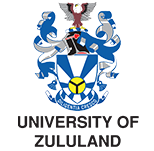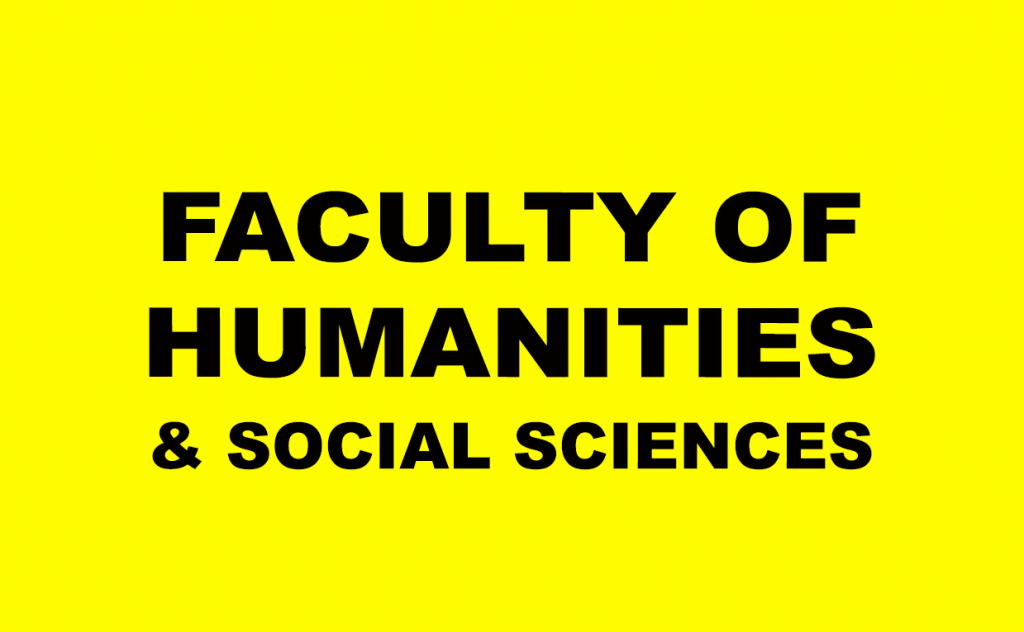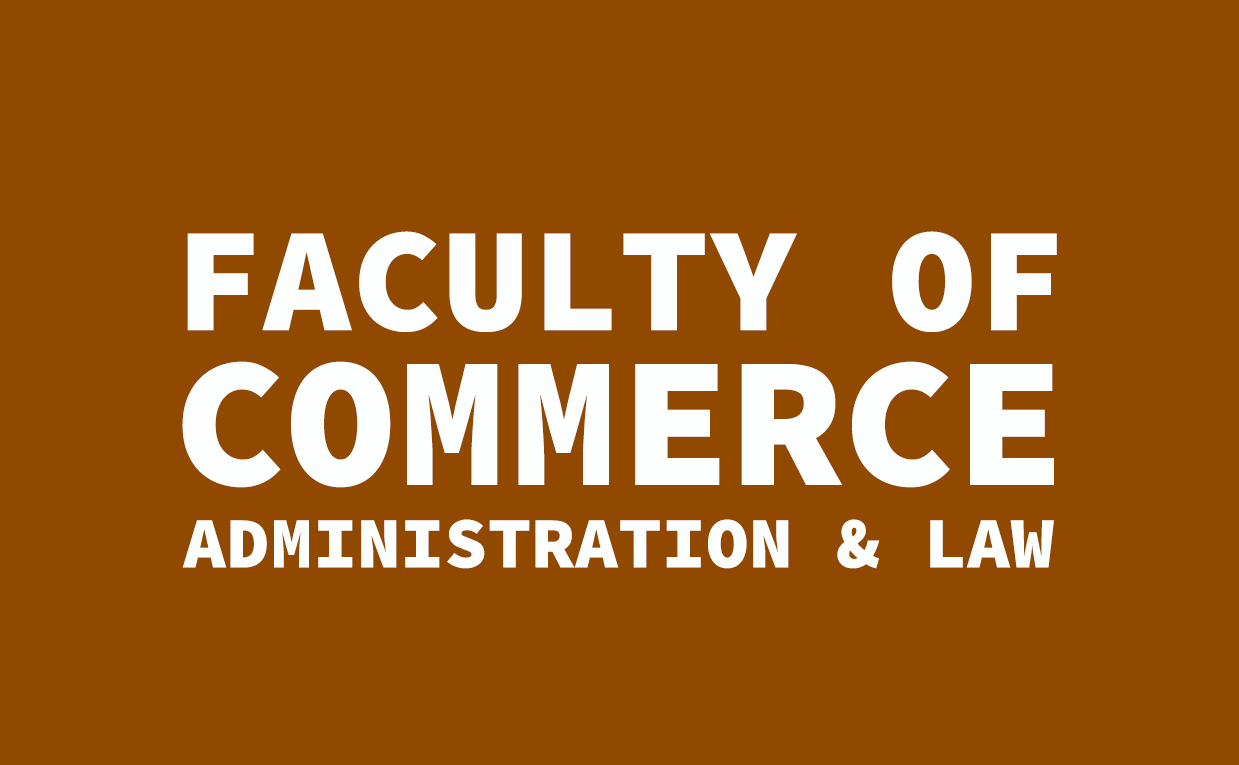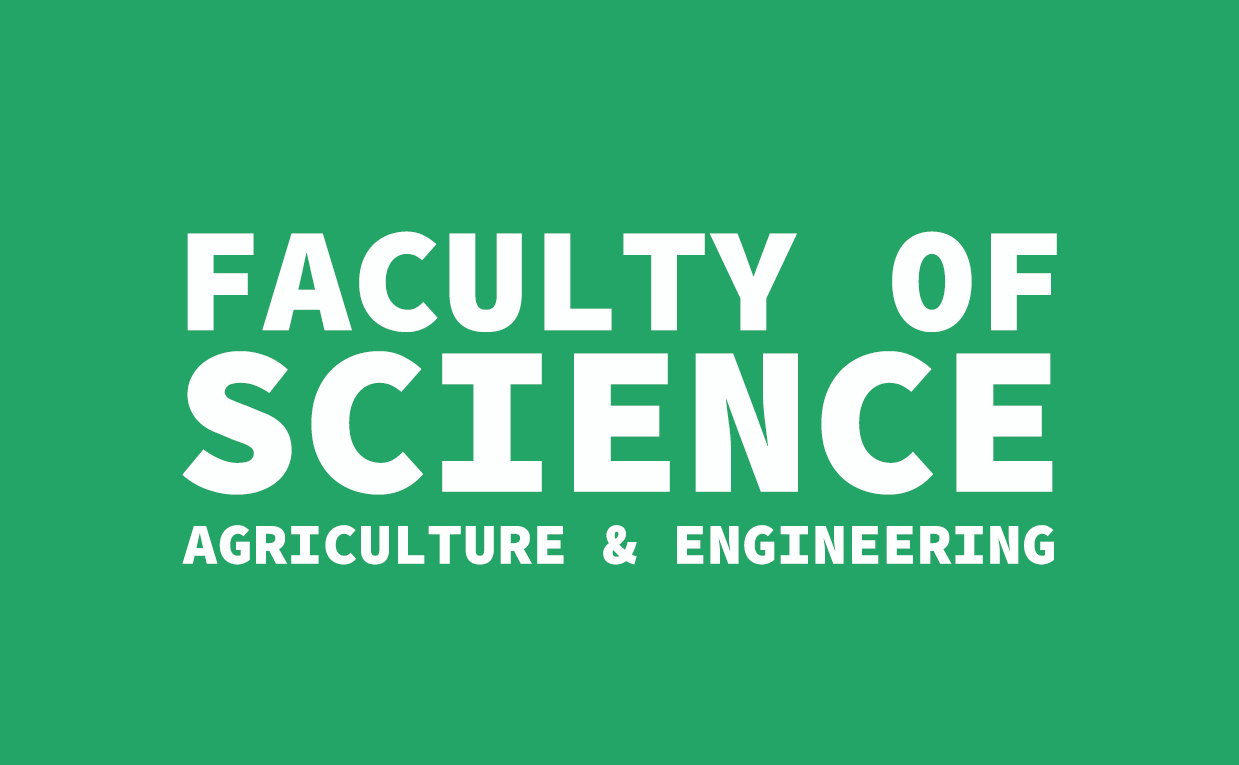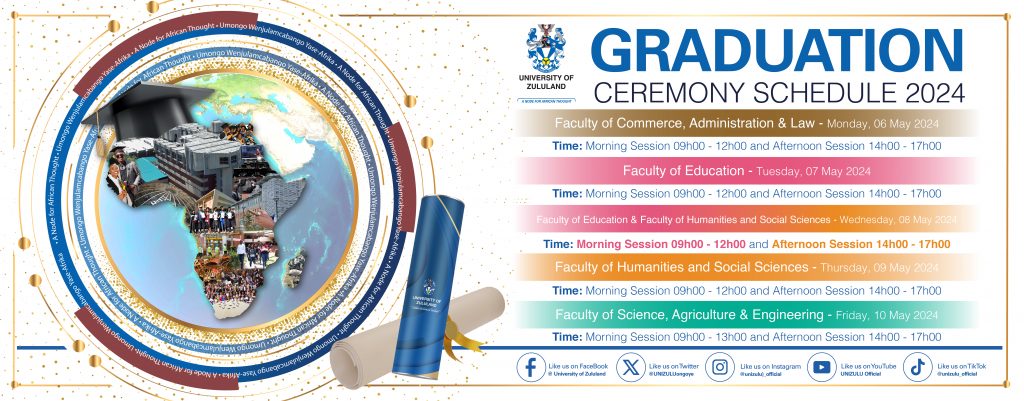Welcome to the Faculty of Commerce, Administration and Law
Richards Bay Campus
The Faculty of Commerce, Administration and Law (FCAL) is transforming into a vibrant and dynamic Faculty at the University of Zululand. The University is restructured for relevance and advocates a career-focused education with emphasis on meeting the needs of its rural environment, as well as its commitment to commerce and industry. The Faculty comprises the Office of the Dean, a Faculty Office and five academic departments, viz, Department of Accounting (including Information Technology), Department of Business Management (incorporating Human Resources Management), Department of Economics (Incorporating B Com 4-Year extended degree), Department of Public Administration and Department of Law (incorporating the Center for Legal Services)
DEPARTMENT OF TRANSPORT & LOGISTICS
Co-ordinator
Mr K Ampofo-Twumasi
Tel: 035 902 6938
BSc (Hons), Dip Education (GH), Hons B (B&A), MBA (Stell)
Lecturers
Dr M F Magigaba, BA(Hons), MBA (JSU, USA) DCom (UNIZULU)
Dr N N Jili, BAdm, BAdmin(Hons) MPA (UNIZULU), DAdmin(UKZN)
Mr FN Gwala, BAdm., BAdm.(Hons), MPA (UNIZULU)
Dr K D Ilesanmi, BSc (Hons) Economics (AAUA, Nigeria), MCom Economics, DCom Economics (UNIZULU)
Dr B T Mazorodze, BAHons (Midlands State University, Zimbabwe) MCom, D.Com, (UNIZULU)
Dr H Maduku, BCom Honors Economics (Midlands State University, Zimbabwe), MCom Economics, DCom Economics, (UNIZULU)
Mr L T Zungu, BAdm., BCom(Hons), BAdmin, MA Economics(UNIZULU),
Mr S O Taiwo, B.Tech (Hons) (LAUTECH), B.Com (Hons), MCom (UNIZULU)
Ms S Mgoduka, BCom, BCom (Hons), MCom (UNIZULU)
Mr L U Agwuna, HC, Marketing, BCom, Hons,Economics (UNIZULU)
Dr A. O. Ayandibu, B.Sc (Hons) (UNAD), BAP (SA), MBA (UNILORIN), Ph.D (UKZN)
Ms T N Radebe, BCom, Hons (Business Management), MCom (Business Management) (UNIZULU)
Ms M. P Jeza, BCom, BCom (Hons)(UNIZULU)
2BTM01/CBTM01
Diploma in Transport Management
This qualification is aimed at producing entry-level employees who intend to pursue careers in the field of transport and supply chain management. Successful students will be qualified to work in a transportation related business operation, specializing in road transport operations – national and international; and municipal transport/management. Serving as transportation projects manager; in-house transport manager for organisations; logistics service provider. Graduates will qualify to fill positions in warehousing and distribution, supply chain management, clearing and forwarding as well as export and import trade.
FACULTY | Commerce, Administration and Law |
DEPARTMENT | Business Management |
Qualifier | Diploma in Transport Management |
MAJORS | Risk Management, Logistics 2A, 2B, 3A, 3B, International Business, Research Methods, Managerial Problem Solving Techniques, Commercial Law, Transportation 2A, 2B, 3A, 3B, Transport field Specialization, Practical Logistics 3A, 3B |
UNIZULU Code | 2BTM01/CBTM01 |
SAQA ID | 79266 |
NQF EXIT Level | 6 |
Presentation mode of subjects: | Day classes |
Intake for the qualification: | January |
Registration cycle for the subjects: | January |
Total credits to graduate: | 384 |
FIRST YEAR
SUBJECT NAME | OLD SUBJECT CODE | NEW SUBJECT CODE | SUBJECT CREDITS | NQF LEVEL | PRE-REQUISITE SUBJECT(S) |
SEMESTER 1 |
|
|
|
|
|
Mathematics for Transport and Logistics | CBTL101 | 2BTL101 | 16 | 5 | None |
Economics for Transport and Logistics | CBTL111 | 2BTL111 | 16 | 5 | None |
Business Language 1A | CATL131 | 2ATL131 | 16 | 5 | Equivalent to CBTL131/2BTL131 |
End User Computing | CBTL121 | 2BTL121 | 16 | 5 | None |
SEMESTER 2 |
|
|
|
|
|
Business Language 1B | CATL132 | 2ATL132 | 16 | 5 | Equivalent to CBTL102/2BTL102 |
Practical Accounting | CBTL112 | 2BTL112 | 16 | 5 | None |
Business Management | CBTL122 | 2BTL122 | 16 | 6 | None |
Marketing | CBTL132 | 2BTL132 | 16 | 6 | None |
TOTAL |
|
| 128 |
|
|
SECOND YEAR
SUBJECT NAME | OLD SUBJECT CODE | NEW SUBJECT CODE | SUBJECT CREDITS | NQF LEVEL | PRE-REQUISITE SUBJECT(S) |
SEMESTER 1 |
|
|
|
|
|
Transportation 2A | CBTM201 | 2BTM201 | 16 | 6 | None |
Transport Field Specialization | CBTM211 | 2BTM211 | 16 | 6 | None |
Logistics 2A | CBTL201 | 2BTL201 | 16 | 6 | None |
Research Methods | CBTL211 | 2BTL211 | 16 | 6 | None |
SEMESTER 2 |
|
|
|
|
|
Transportation 2B | CBTM202 | 2BTM202 | 16 | 6 | None |
Logistics 2B | CBTL202 | 2BTL202 | 16 | 6 | None |
Managerial Problem Solving Techniques | CBTL212 | 2BTL212 | 16 | 6 | None |
Commercial Law | CBTL222 | 2BTL222 | 16 | 6 | None |
TOTAL |
|
| 128 |
|
|
THIRD YEAR
SUBJECT NAME | OLD SUBJECT CODE | NEW SUBJECT CODE | SUBJECT CREDITS | NQF LEVEL | PRE-REQUISITE SUBJECT(S) |
SEMESTER 1 |
|
|
|
|
|
Logistics 3A | CBTL301 | 2BTL301 | 16 | 7 | CBTL201/2BTL201; CBTL202/2BTL202 |
International Business | CBTL311 | 2BTL311 | 16 | 7 | None |
Risk Management | CBTL321 | 2BTL321 | 16 | 6 | None |
Transportation 3A | CBTM301 | 2BTM301 | 16 | 7 | CBTM201/2BTM201; CBTM202/2BTM202 |
SEMESTER 2 |
|
|
|
|
|
Logistics 3B | CBTL302 | 2BTL302 | 16 | 6 | CBTL201/2BTL201; CBTL202/2BTL202 |
Transportation 3B | CBTM302 | 2BTM302 | 16 | 7 | CBTM202/2BTM202; CBTM201/2BTM201; |
Practical Transportation 3A | CBTM312 | 2BTM312 | 16 | 6 | CBTL202/2BTL202; CBTL222/2BTL222; CBTL212/2BTL212; CBTM202/2BTM202 |
Practical Transportation 3B | CBTM322 | 2BTM322 | 16 | 7 | CBTL202/2BTL202; CBTL212/2CBTL212; CBTL222/2BTL222; CBTM202/2BTM202 |
TOTAL |
|
| 128 |
|
|
2BTM01/CBTM01 Diploma in Transport Management
MODULE DESCRIPTIONS
DIPLOMA IN TRANSPORT MANAGEMENT | ||
SEMESTER 1 | ||
MODULE CODE | MODULE NAME | MODULE DESCRIPTION |
2BTL101/ CBTL101 |
Mathematics for Transport and Logistics
| The purpose of this module is to enable students to get foundation in numeracy and get prepared for the core modules in year two and three. Topics covered include: basic mathematics; percentages; ratios and proportions; algebra; simple interest; compound interest; algebra linear programming; introduction to statistics; elementary probability; probability events; Venn diagrams and probability tree diagrams. |
2BTL111/ CBTL111
|
Economics for Transport and Logistics
| Upon completing this module, students should be able to explain what economics is; distinguish between microeconomics and macroeconomics; understand the principles of economics; describe the three central economic questions and describe the major differences in various economic systems. Students should also be able to show how demand and supply can be expressed in words, numbers, graphs and equations; explain how the equilibrium price and quantity are determined; explain how government intervention affects markets; explain the determinants of various elasticity of both demand and supply; define the various revenue, cost and profit concepts; and the theoretical differences between the four market structures and the interpretation of graphs thereof. |
2BTL121/ CBTL121 |
End User Computing
| After completing this module student should be able to use Microsoft Word to complete assignments given in other modules; use Microsoft PowerPoint to make presentations in class and perform basic calculations (addition, subtractions, divisions) on a spreadsheet. They should also be able to use the formula functions in Microsoft Excel to insert different formulae; perform calculations involving absolute functions on Microsoft Spread Sheet; analyse data on a spread sheet as well as sort data and format a spread sheet. |
2BTL131/ CBTL131 |
Business Language 1
| After completing this module, students should be able to deliver a professional oral and written presentation report, memo and minutes; participate meaningfully in interactions with others in such a way that the sender of the message feels valued and supported; show through responses and use of written texts that understanding, interpretation and evaluation have taken place; write letters, e-mails, memorandums, faxes, notices, short advertisements and brochures that meet the needs of the intended audience and achieve the desired goals as well as prepare and deliver a speech on a given topical issue. |
SEMESTER 2 | ||
2ATL132/ CATL132 |
Business Language 2
| After completing this module, students should be able to apply the concepts of persuasive communication within a number of different social contexts; develop business communication skills; avoid common mistakes made in a formal conversation and listen to his/her audience in order to provide a suitable response. Students should be able to understand audience in different contexts; carry out an audience analysis; develop the skill of delivering both good and bad news as well as carry out an effective presentation making use of both written and oral communication skills. |
2BTL112/ CBTL112 |
Practical Accounting | After completing the module, students should be able to prepare books of prime entry; post journals; prepare and balance a general ledger; analysing effects of transactions on the accounting equation as well as prepare and adjust the trial balance. They should also be able to prepare the income statement with basic adjustments; prepare the balance sheet using the format of accounting equation; preparing statement of cash flows; calculation of input and output VAT as well as knowledge of principles of internal controls. |
2BTL122/ CBTL122
|
Business Management
| Upon completing this course, students should be able to apply sound management principles and theories in a real business situation; translate ideas into business opportunities; draw business plans and establish a business enterprise; analyse contemporary management issues which offer competitive advantage as well as analyse micro and macro business environment. They should also analyse the basic role of management in business organisations; analyse classical and contemporary approaches to business; gather and analyse financial information and take decisions on long term investment and capital budgeting as well as analyse case studies on financial decisions and select the optimal capital structure. |
2BTL132/ CBTL132 |
Marketing
| After completing the module, students should be able to analyse and apply the following to business situations: strategic marketing; market environmental factors; marketing research; marketing information systems; market segmentation; products; new product development and innovation; price and pricing strategy; product promotion; marketing distribution channels; competitors and competitive advantage; market targeting, positioning and brand strategy; management control; financial control as well as performance appraisal and benchmarking. |
SECOND YEAR
SEMESTER 1 | ||
2BTM201/ CBTM201
| Transportation 2A
| After completing the module, the student should be able to analyse and apply transportation on the supply chain and economy; different modes of transport: road, rail, air, water carriers and pipelines to freight movement as well as analyse intermodal freight transport and give the outlines of the South African Transportation Regulation and Public Policy. |
2BTM211/ CBTM201 |
Transport field Specialisation
| The objective of this module is for students to learn about running an efficient and effective road freight transport network. Students will analyse and apply theories in road transport organisation; managing and organising the human resources; transport operational control; cost control and budgeting; vehicle selection as well as vehicle maintenance. |
2BTL201/ CBTL201 |
Logistics 2A
| After completing the module, the student should be able to analyse and apply business logistics management; competitive advantage created by logistics; logistics and supply chain strategy planning; tactical logistics management and supply chain management; financial aspects of logistics and supply chain management; forecasting and supply chain requirements; Supply Chain Network integration, production and operations management; procurement management and inventory management. |
2BTL211/ CBTL211 |
Research Methods
| After completing the module, the student should be able to analyse and apply factors which influence research; research topic/project topic and stating the research problem; conceptualisation in qualitative research; writing literature review; population sampling methods; qualitative and quantitate research designs; data collection and data analysis; data interpretation; report writing as well as ethics in research. |
SEMESTER 2 | ||
2BTL201/ CBTL211 |
Transportation 2B
| This module seeks to introduce students to the concepts of global transportation within the global market and to manage a transportation business through the applied knowledge of costing and pricing principles. The module also provides fundamental concepts to the different carrier and shipper strategies that would improve the transport operation process. Students will also be exposed to information sources and technology needed to manage transportation as a whole. |
2BTL202/ CBTL202
|
Logistics 2B
| After completing the module, students should be able to design and establish storage and handling facilities; understand the principles of packaging and its role in the supply chain; select the appropriate handling equipment to be used in particular facilities; to give an outline of efficient operations in a warehouse; analyse the operational characteristics of the various modes of freight transport; analyse transport cost structures and apply transport pricing principles; outline the principles of transport management; understand how international supply chains are managed; understand and apply reverse logistics in supply chains as well as apply controls in logistics/supply chains. |
2BTL212/ CBTL212 |
Managerial Problem Solving Techniques
| After completing the module, students should be able to analyse business cases using modelling techniques with Microsoft Excel spreadsheet. Case problems will be solved with optimisation modelling; linear programming models; network models; simulation modelling; inventory models as well as queueing models. |
2BTL222/ CBTL222 |
Commercial Law
| The module will equip students with sound knowledge and understanding of the legal rules in commercial transactions as well as principles of commercial law and ethics relating to commercial law. The students should also be able to analyse cases in the law of contracts; define and analyse valid contracts; types of contracts; nature of contracts; writing of contracts, accepting an offer; consensus and defect in contracts; capacity to perform a juristic act as well as breach of contracts and remedies. The students should be able to distinguish between the types of contracts, that is sale, lease and service. The mechanism to impose fairness on employment relationships will also be outlined. |
THIRD YEAR
SEMESTER 1 | |||
2BTL301/ CBTL301 |
Logistics 3A
| Upon completing the module, students should be able to analyse and apply supply chain problems; formulate supply chain strategies as well as product and customer service strategies. Students will also evaluate order processing approaches and information systems in supply chains. Transport modes, multimodal transport and transport decisions will be analysed. Forecasting supply chain needs and inventory policy decisions will also be analysed and applied. | |
2BTL311/ CBTL311 |
International Business
| After completing the module, students should be able to analyse and apply merits of trading overseas; characteristics of international transport; freight rates; export cargo packaging, stowage, marking and dangerous goods cargo shipments; export customs practice freight/cargo insurance; as well as credit insurance and transport distribution analysis. The learner should be able to assemble export documentation for a particular transaction. | |
2BTL321/ CBTL321 |
Risk Management
| Upon completing this module, students should be able to identify and work with risk as well as analyse and apply trends affecting the supply chain; the supply chain management context; approaches to risk; responding to risks; a network view of risk; creating resilient supply chains and business continuity management. | |
2BLM301/ CBLM301 |
Project Management
| Upon completion of this module, students should understand project selection through strategic alignment; project management processes; project initiation definition and planning; project execution; monitoring and control; stakeholder management as well as project communication and project closure. Students will assess project risks and design plans to mitigate project risks. | |
SEMESTER 2 | |||
2BTL302/ CBTL302 |
Logistics 3B
| After completing the module, students should be able to analyse and apply the following to logistics and supply chains: inventory policy decisions; purchasing and supply policies; storage and handling systems; facility location decisions and network planning. Students will also be able to apply logistics supply chain controls. | |
2BTM302/ CBTM302 |
Transportation 3B | This module is to provide students with clear parameters or goals for public transport, both informal and informal, and some of the challenges they face the in this industry. This is to also highlight some of the resistance to public transport usage. Finally, this will result in students knowing and understanding a number of steps, mainly of an organisational nature, which need to be taken in order to achieve the objectives of improved passenger transport in South Africa. | |
2BTM312/ CBTM312
|
Practical Transportation A | During this period, students will acquire practical training or work integrated learning in a transport company or in an organisation dealing in logistics supply chain activities. | |
2BTM322/ CBTM322 |
Practical Transportation B
| During this period, students will acquire practical training or work integrated learning in a transport company or in an organisation dealing in logistics supply chain activities. | |
A Node for African Thought
Correspondence and Enquiries:
The Registrar, University of Zululand, Private Bag X1001, KwaDlangezwa, 3886
Telephone: 035 902 6950/6923
Email: KhumaloNM@unizulu.ac.za
Physical Address:
2 Cent Circle, Arboretum, Richards Bay
Postal Address:
Private Bag X1041, Richards Bay, 3900
© University of Zululand: All Rights Reserved
